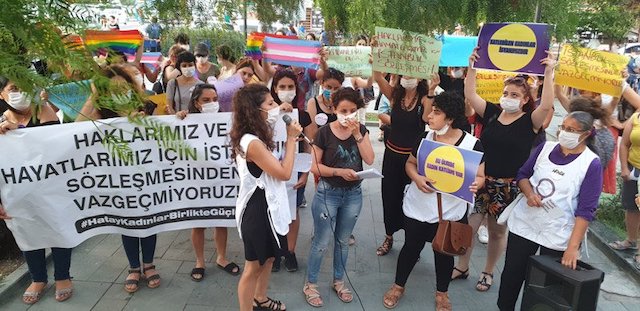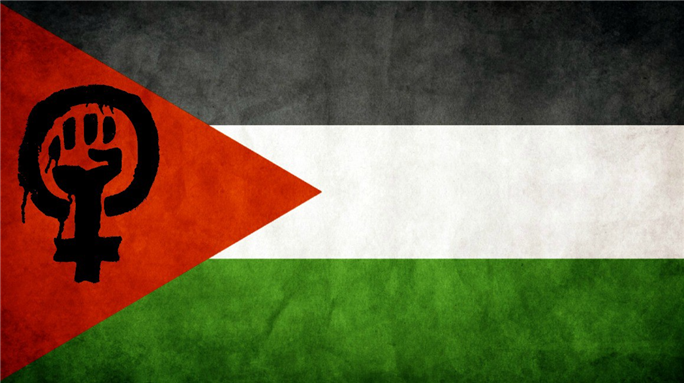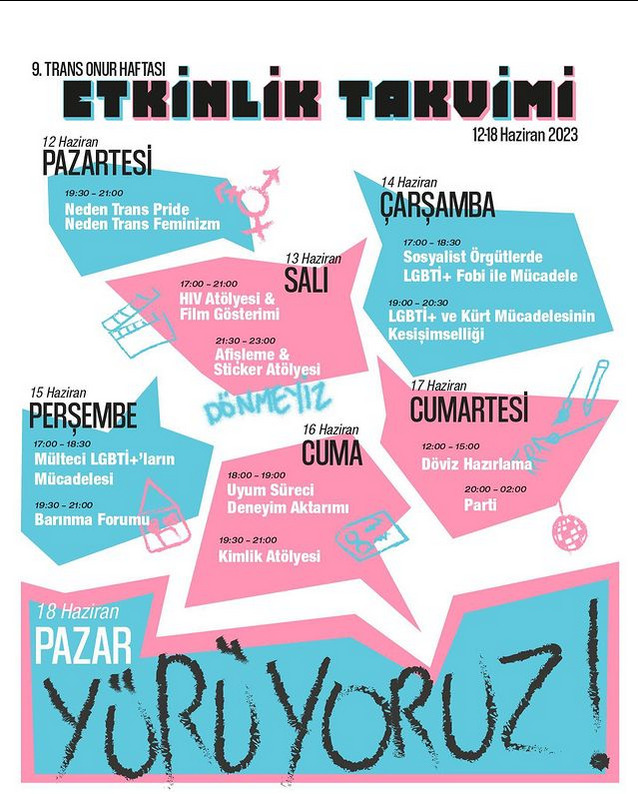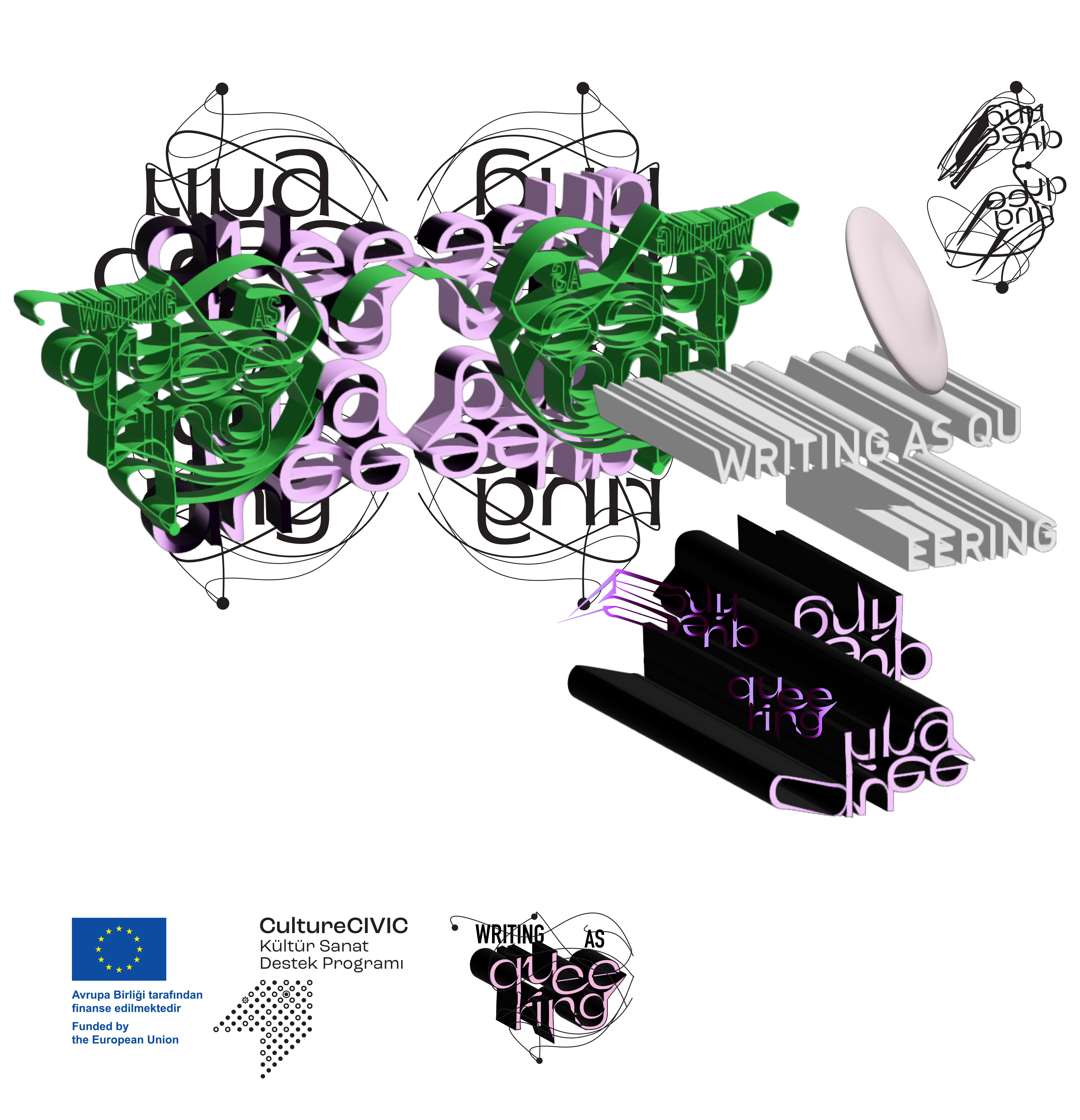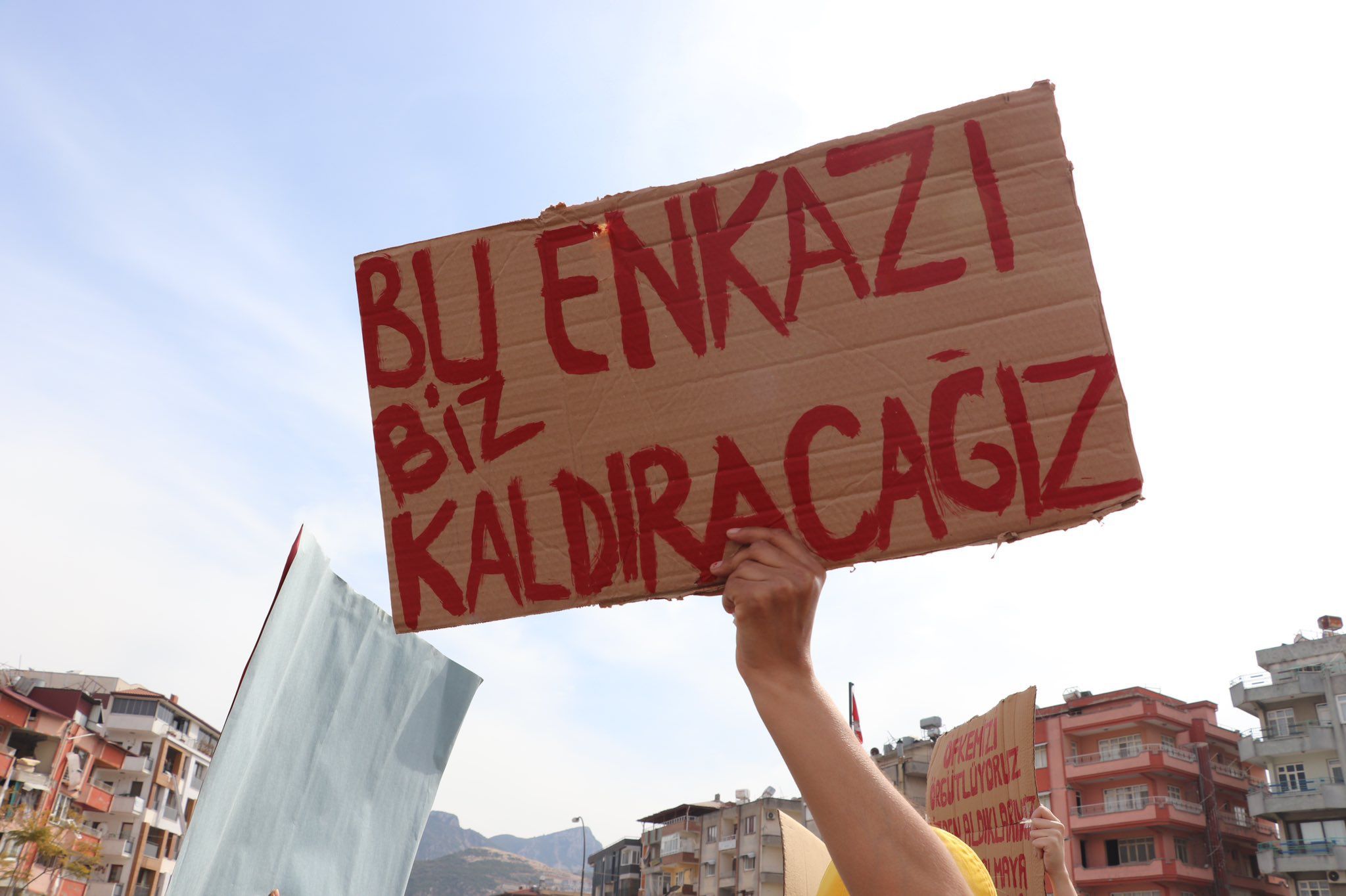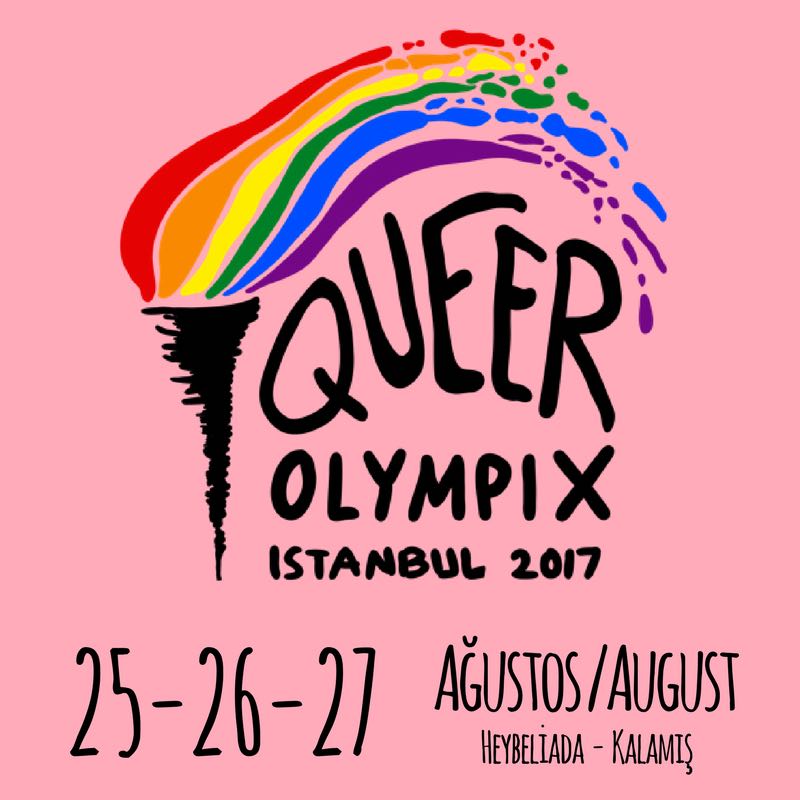Through articles by and interviews with feminists who are experts in their respective fields, 5Harfliler’s “Istanbul Convention Brief” investigates the significance of the Istanbul Convention in the fight against gender-based violence, and what it would mean for women if Turkey were to withdraw. Tuğçe Yılmaz is the editor-in-chief of the series.
As the social media campaigns and street protests organized around the Istanbul Convention gain momentum, women and LGBTI+ who took to streets around the country on August 5 were subjected to verbal and physical abuse. Izmir became a hotspot where violence was much more visible. Police attacked women and LGBTI+ protesting in Izmir and Ankara. In Istanbul, the pressure on protesters was much more implicit. Instead of taking women under custody during the protests or open forums, the police individually targeted and followed certain protesters to their hang out spots and houses to take them under custody.
During a period in which the Convention is not properly implemented to help us live in safer spaces and where multiple women die on a daily basis, we are now witnessing toxic arguments in favor of withdrawing from the Istanbul Convention. Instead we should have been having debates to find better ways of implementing the Convention and saving lives.
As women, we do not tolerate such ill-meaning discussions around the Convention! And so we took to the streets in Istanbul, Hatay, Mersin, Diyarbakır, Eskişehir, Izmir, Erzincan, Samsun and Ankara to defend our rights. Protests took different forms, and particular city dynamics were clearly at play as were visible through the interventions of the police and the attitudes of the governors of each city.
We spoke to the Erzincan Katre Women’s Counseling and Solidarity Association, Ankara Women’s Platform, Izmir Bar Association, Women Are Strong Together Platform of Istanbul and Dicle Amed Women’s Platform of Diyarbakır, who jointly called for the August 5 protests. Let us turn to. their views on the subject matter to understand how the campaign to defend the Istanbul Convention rolled out for women and LGBTI+ in these cities with respect to their years-long presence in their respective cities and the connections among them.

August 5, 2020 Protest in Samsun. Photo: Sözcü News
Arzu Kepez – Katre Women’s Counseling and Solidarity Association in Erzincan
We’ve been following the protests in other cities. When we started thinking about how we can contribute as KATRE, we organized a series of actions under the theme: “We are not giving up the Istanbul Convention”. We planned to write a press statement that was to be followed by a women’s march. We informed women organized under Education and Science Workers’ Union (Eğitim-Sen) and Republican People’s Party (CHP), who then, as a platform organized the protest. KATRE was making the call, thus, we submitted official request permission to the governor, who rejected it on the grounds that pandemic measures would not allow it. In our reply, we stated that the pandemic measures could not be considered a legitimate ground to reject our request since protests were happening in other cities, and in Erzincan specifically, there were already public gatherings to send soldiers off to duty and weddings taking place. Our request was then denied on the grounds that the public was very “sensitive” to the issue. Nevertheless, we gave a press statement with limited participation. We took part in the country-wide protests on August 5 but under very difficult conditions. We were in parks; we never left the streets. We hung the campaign slogan from our balcony during the campaign. There would have been larger participation if we could actually march, but we took part in the campaign as much as we could.

The banner hanging from Katre’s office balcony reads: Implement the Istanbul Convention! Stop Femicide Now!
Our activities usually revolve around visiting households in different neighborhoods in and villages around Erzincan to talk to women about their rights and the Istanbul Convention. Here, I would like to highlight that women are afraid. They tell us: “We see on the news that at least three or four women are killed every day. We are much more afraid than before.” They ask us what to do individually, and collectively, if they were to experience violence. We are witnessing a great deal of fear and concern among these women. They think their rights are not protected and will be taken away from them.
Although we cannot have meetings in person due to the pandemic, we continue to meet women through our household visits. Women sometimes act in a reserved manner during these visits. Despite all the barriers, we are able to establish a level of trust between us. We learn from one another. During the protests that erupted after the killing of Pınar Gültekin, we saw the anger in women’s eyes, as if their eyes were shouting “enough”. We took to streets in Erzincan for her and other murdered women. In Erzincan, we try to give press statements even when there is not more than one or two women present in the square. That action, in itself, gives us power. When they don’t allow us to march, it gives us power to claim and insist on our right to the streets. In Erzincan, not a lot of women are able to join protests on the streets, they are afraid, and rightfully so. On the other hand, women participate in the meetings we hold in the neighborhoods and villages. They voice their problems and concerns in these meetings; and we become more powerful in solidarity. It is very important for us that women participate in these meetings.

Katre, Erzincan.
Betül Koca – Ankara Women’s Platform
Ankara Women’s Platform has been leading a struggle that has not given up on street mobilization. Even under the state of emergency, during a time of overwhelming pressure from the government, the women’s movement and the feminists did not leave the streets of Ankara. We launched a call as soon as we were aware of the debate on withdrawing from the Convention, where we underlined the fact that we are facing “a threat against our lives. We should organize together to have a say over our lives.” We held an open forum at the Kurtuluş Park with many participants – as if it was March 8 all over again. Every participant came with the strong conviction that the Convention, and its rendering in the Turkish Penal Code known as Law No. 6284 should be properly implemented and defended. Most of the participants conveyed their interest in taking part during this process.

Betül Koca
We held a press statement on August 5, like in other cities, and wanted to march from Kolej to Çankaya Municipality building, carrying photos of murdered women. As always, the governor denied our request to march. We are now used to this unlawful rejection in Ankara. Where is the police force when women are being killed every single day? The police are there when we hold a protest march, barricading against us. We told them that we do not accept their rejection anymore and that we are not going to bargain any further to find any common ground. What we actually meant was: “The Justice and Development Party does not have any say on this issue; the laws are enacted by the Parliament”. When this Convention was signed, the women’s organizations were part of the process. Currently, women’s rights are debated in spaces where women are absent. It is exactly this point we were trying to make that resulted in our friends being taken under custody with torture. The attitude of the police was abominable. As they were taking one of our friends under custody, some police officers were asking provocative questions like, “is this how you treat your husband at home?”
Today, they haunt us with concepts that we have been acquainted with such as the “sanctity of the family”. Or they use LGBTI+ as scapegoats. We are in this struggle alongside LGBTI+. They will find every one of us against the state forces if they dare drop a single article of the Convention. We are all following the process. We will not leave the streets. Our struggle will continue until the Istanbul Convention is effectively implemented, and until we are satisfied with its implementation. We know that, even when the Convention is implemented, the women who want to file complaints can leave courtrooms or police stations in bruises. We recognize that it is a very long struggle, but we will not let go of any one of our hard-won rights. Nothing will be the same. Let us remind them that women are united and they are stronger together.

5 Ağustos 2020 Ankara eylemi. Ankara protest.
Perihan Kayadelen – The Secretary-General of Izmir Bar Association
There are two major lines of arguments against the Convention: that it is promoting homosexuality and that domestic partnership cannot be tolerated in this society. What if we were to turn this argument around, and ask the authorities: how about couples in a religious union (imam nikahı), are they exempt from this law, too? Are we then going to argue that women deserve being killed for living with a man that they are not legally married to? Regarding the former argument: is it possible that someone wakes up one day, and realizes that they are gay? If you are gay, you are the other of others, further marginalized from society. The authorities are weaving a net of manipulation and blatantly lying, like they always did while making other policies. We know for a fact that the one thing the Istanbul Convention is against is the sovereign violence, the male violence.

Perihan Kayadelen
The police attacks in Izmir intensified in the past two years. The first attack was yet at another women’s rights protest. Prior to that the only protests they would not attack were organized by women. As they started to rely on their reactionary voter base, they began to stop women from publicly protesting and making their voices heard. They argue that the pandemic does not allow for protests to take place, but just two weeks ago we watched an immense crowd gather to celebrate the opening of Hagia Sophia to worship. These attacks only serve to silence women and make their reactions invisible to the public eye.
Women in Izmir decided to march in protest of the killing of Pınar Gültekin. The police intervention during this demonstration took different forms of torture. The violent intervention was covered by the media: women were covered in bruises. These women’s rights were violated at the hospital, too. For example, we learned that the doctors examined the women with police present in the room and did not close the door of the examination room. What we call a physical examination concerns all parts of the body. The person needs to take all her clothes off for such an examination, but that was not the case. Another attack took place on August 5. Women called to gather in front of Alsancak ÖSYM building, from where the protest march would start. They were taken under custody with similar methods. There were different dynamics at play in this case. We, as women, recognize that the government is intolerant of any demand for rights. There are women organized under the umbrella of the Justice and Development Party (AKP) who defend the Convention. When the government realizes that all these women are defending the Convention, they are hesitant. On the one hand, they try to present themselves as benevolent to their voters. On the other hand, they are recognizing that they cannot dictate as they please on this matter. Therefore, it is critical for them to decrease the visibility of women and their demands. You probably have seen the protests in Izmir, there was a really big crowd, a strong testament to our determination regarding our rights and the Convention. They are trying to disperse this crowd.

Selfie from the women taken under custody during the protest in Izmir.
During the march on August 5, we were in contact with other cities. We asked ourselves if the police violence was specific to our march or a wider phenomenon. Then, we learned that women marched in Bodrum and Kadıköy (Istanbul) too. The violent intervention in Izmir was particular in that sense. Until now, the current government could not exert much power over Izmir. The feminist movement in the city is very organized and powerful. It is easier to organize in Izmir as it is a smaller city compared to Istanbul and Ankara. Our telephone numbers, as lawyers of Izmir Bar Association, are quite widespread and women can easily reach us when needed.
Seher Kalkan – Women are Strong Together Platform based in Istanbul
The government had already begun targeting the Istanbul Convention and Law No. 6284 with the parliamentary commission’s draft report on divorce in 2017, and had started a defamatory campaign. In sum, the report was family-centered and had the objective to protect family union by making the divorce process more difficult through methods of mediation. Since then, as the Women are Strong Together Platform, we continuously encouraged the government to take more responsibility towards femicide. And we were right. On July 2, Numan Kurtulmuş (deputy chairman of AKP) made a statement: “We will withdraw from the Istanbul Convention just the way we signed it,” and started a discussion concerning our lives.
On July 15, there were negotiations around the changes proposed to the Penal Code of Turkey (TCK) Article 103, which is concerned with acquitting child abusers, lowering the legal minimum age for girls to get married and its legitimization. We organized a protest for July 11, and as we were planning more actions, we heard of the killing of Pınar Gültekin on July 21. We had already been quite pessimistic since we first learned of Pınar’s missing. A lot of women were on the lookout, waiting for any news concerning her. Then the news that she was violently murdered hit. This murder caused a public indignation, similar to that of the cases of Özgecan Aslan and Şule Çet. Immediately, we started to strategize on how we can convey that the Istanbul Convention is more than just a legal document, that our lives depend on it. With the public outcry caused by the murder of Pınar, the question as to why these killings were not prevented was naturally directed at the government. We can say that women were always reacting to these killings, but their reactions were not resonating with the conscience of the public on such a large scale.

5 Ağustos 2020 İstanbul eyleminden. August 5, 2020 Protest in İstanbul.
During the same period, the results of a survey shared with the public demonstrated that most participants were confusing the Istanbul Convention with the Montreux Convention [Regarding the Regime of the Straits]. So, we accelerated our efforts to explain what the Convention is about. We did not employ a legal language, we tried to give examples as to how the Convention was affecting our lives. We wanted to emphasize that if the Convention was effectively implemented, Pınar Gültekin would not have been killed; or Fatma Altınmakas, who could not testify because she did not speak Turkish, would not have been murdered. So, as the Women are Strong Together Platform, we launched a call to the women’s movement to gather at an open forum.
We invited women to Abbasağa Park on July 26 to talk about the Convention. We were greeted with a massive police resistance there, but we were determined to have our forum. With this conviction, the forum was held near the Maritime Museum. There were really good ideas brought up during the forum. We talked about what we could do using social media, on the streets, and in our neighborhoods. All the participants stayed until the end of the forum, which turned out to be very fruitful and educational for all of us.
Then, through our Whatsapp groups we heard that some of our friends were being taken under custody. Anticipating we might be next, we started gather in one street. Then the undercover cops showed up and approached us as if it was a routine ID check. One of our friends told them, “don’t force it, we know that you are trying to take us under custody.” They brought a small police vehicle in front of the door. At that point, we were being verbally attacked. They said, “Take Feride, especially,” and literally hand-picked three of our friends. These were the same policemen who, in Abbasağa, told us that they are on our side. We then realized that if they were to take our friends under custody during the forum, the space where we held the forum would have turned into a space of resistance. They did not want to risk their footage circulating in which they are taking women away from the forum. There was a journalist friend at the same space from where we were taken under custody, who shot the footage which granted visibility to the pressure exerted by the police. Although it is not as visible as what happened in Izmir, there is definitely an implicit pressure on women in Istanbul. Moreover, during the weekend, 24 of our friends were taken under custody in Ankara.
At the end, the participation evolved into something larger than what we had planned, and we as the Implement the Istanbul Convention Campaign Group (İstanbul Sözleşmesi’ni Uygula Kampanya Grubu), continued with our protest actions. There was an incredible crowd at the Kadıköy Pier. The AKP Central Executive Committee meeting scheduled for that day was postponed to August 13. We started a social media campaign where we read the articles of the Istanbul Convention. The campaign is ongoing and and has expanded to women from different sectors, and to celebrities with larger spheres of influence. Women take turns to distribute the brochures we’ve printed. We are trying to make sure that women from across the farthest reaches of the city can access these brochures; we knock on every door, visit every neighborhood. Then, there is the banner protest. Women are hanging banners on their balconies, over their apartment buildings – and there are very creative ones. There are also the black and white photos posted on Instagram under #challengeaccepted. That action, in particular, gained momentum very quickly because women feel that their lives are hanging by a thread, feeling like their lives can be taken away from them by an unknown source of violence in an instant. And that is exactly why they are insistent on the effective implementation of the Convention. Currently, as one shares her photo, another woman is reading and recording the articles of the Convention, while another is embroidering “Istanbul Convention Saves Lives” on a canvas banner. This is our lives at stake.
Rozerin Çatak – Dicle Amed Women’s Platform in Amed/Diyarbakır
In Amed, we organized a press statement on the Istanbul Convention almost every week at the exit of the Ofis underpass. During the first week of the events when the Convention was being attacked and the discussions around the possibility of withdrawing from the Convention heated, two women were attacked in Amed, one by her partner with a knife, the other with a gun. A woman was found in the Bağlar district after a months-long confinement in a room of a house. She was left without food or water for months; she was beaten and raped during this time. When she was found, she only weighed 30 kilos and was taken to Dicle University Hospital, where she was diagnosed with TBC (tuberculosis). She is now an in-patient at the same hospital’s pulmonology department, and she is being fed formula [t/n: since this interview was published, the woman died at the hospital]. As these attacks were taking place, the struggle of women continued without interruption. Civil society organizations in Amed donned their windows and balconies with placards that read “Istanbul Convention Saves Lives”. “Purple Balcony” protests also took place, where balconies of houses were donned with purple ribbons and banners. Dicle Amed Women’s Platform was denied permission to organize a grand march. The route through which the march would have proceeded was taken under siege by the police. As the Platform, we held a press statement at the Diclekent Dünya junction and a sit-in at the same spot.

Rozerin Çatak
As these events unfolded, women were holding their grounds and partaking in the resistance by every means. The history of Amed is full of resistance stories anyway. The protests sparked a lot of interest. As you probably already know, during the period where the Convention was under fire, law enforcement in Amed continued with their operations against women. Women were taken under custody and arrested, and the situation has not changed. During the week where the Parliament was going to address an amnesty for child abuse, I was also taken under custody following a house raid.

Women in the movement are being intimidated by being taken under custody for alleged anonymous witness statements. But our resistance continues; we will not be intimated! Nobody shall forget that our commitment to to protect every single article of the Istanbul Convention will not falter!
Photo: 5 August Protest in Hatay, Sözcü News.

